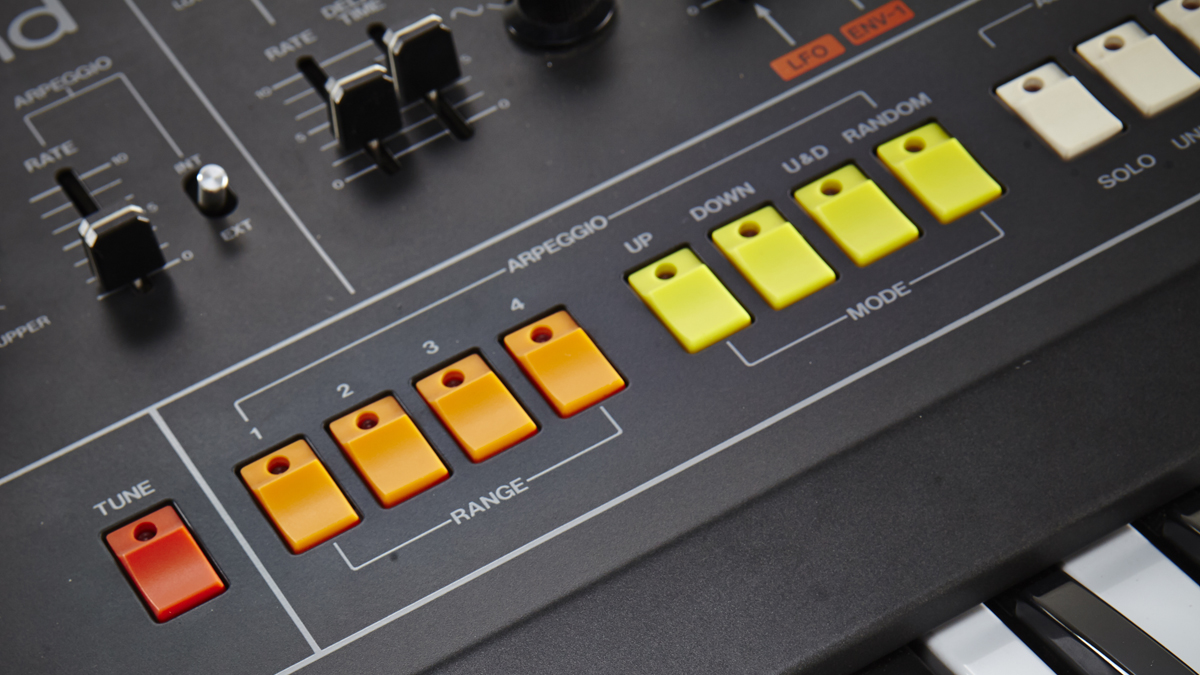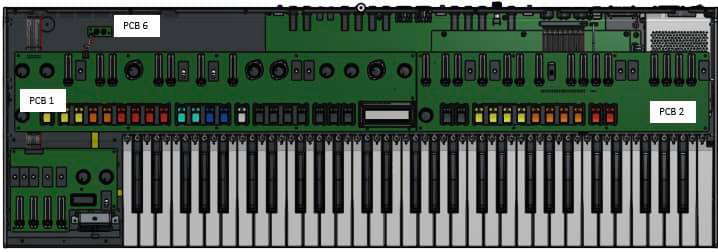Behringer shoots for the moon with a clone of the Roland Jupiter-8 synth
Can that classic analogue mojo be recaptured?

Hey, you’ll never guess what - Behringer has shown an early prototype of a clone of a classic analogue synthesizer!
Facetiousness aside, this is one that you might really be interested in, because the synth in question appears to be none other than Roland’s much-loved Jupiter-8.
It seems that development is at a very early stage, but the illustration that Behringer has shared bears all the hallmarks of the Jupiter-8, and the fact that it’s been captioned with the words “The space journey has started…” all but gives the game away.

The Jupiter-8, of course, was Roland’s rival to the Prophet-5, and offered eight dual-oscillator voices and sounds that could be split and layered across the keyboard.
The oscillators offered triangle, pulse, square and sawtooth waveforms (and noise for oscillator 2), and there was also an LFO, a resonant low-pass filter and a pair of four-stage envelope generators. Roland threw a non-resonant high-pass filter into the mix for good measure.
The result was a synth that pretty much defined the term ‘analogue mojo’, and one that multiple software manufacturers - notably, Arturia and Roland itself - have sought to emulate. Released in 1981, it helped to shape the sound of the next decade.
When - or even if - we’ll see Behringer’s version remains to be seen, but if the company can get anywhere close to the sound of the Jupiter-8 then it’ll have a synth that’ll undoubtedly be in the highest demand.
Get the MusicRadar Newsletter
Want all the hottest music and gear news, reviews, deals, features and more, direct to your inbox? Sign up here.



I’m the Deputy Editor of MusicRadar, having worked on the site since its launch in 2007. I previously spent eight years working on our sister magazine, Computer Music. I’ve been playing the piano, gigging in bands and failing to finish tracks at home for more than 30 years, 24 of which I’ve also spent writing about music and the ever-changing technology used to make it.









